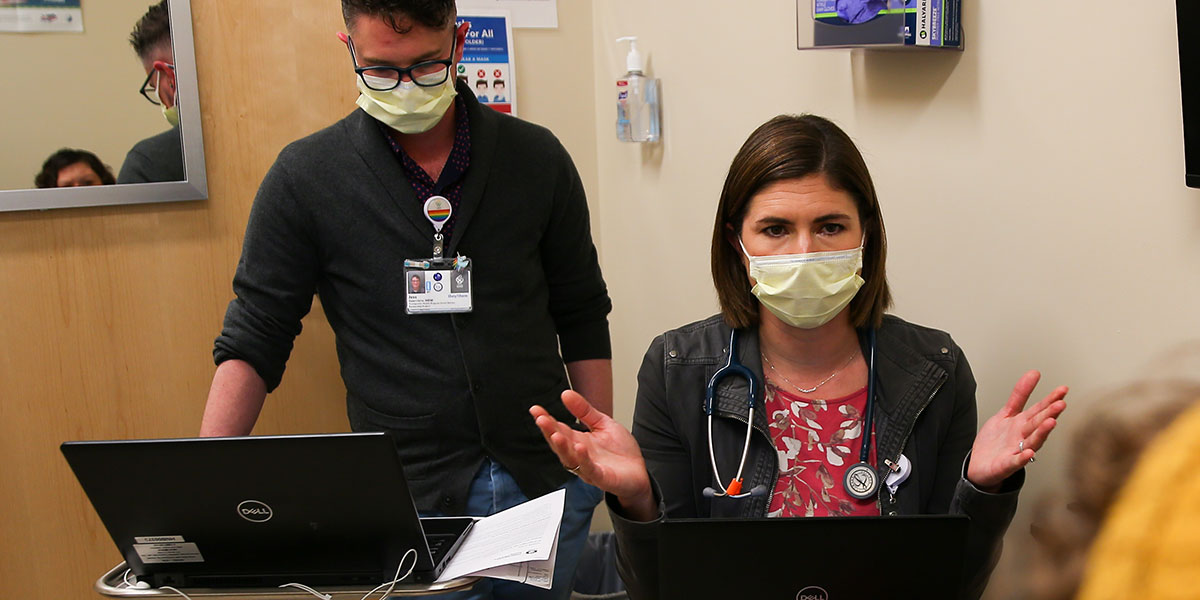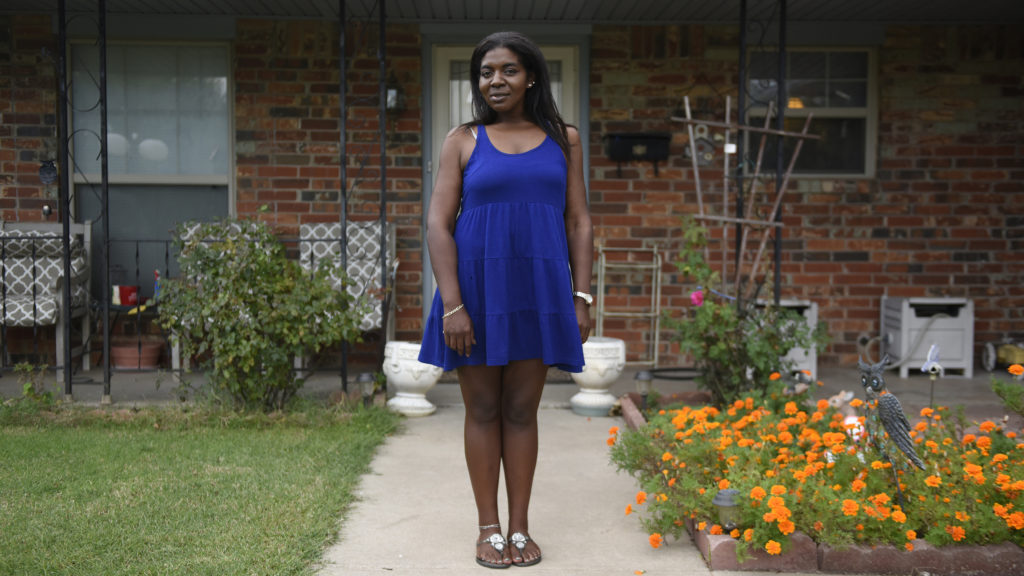You're right that children are impressionable--which is why this battle exists. Your side wants to stamp out any signs of anything other than what's Christian White Nationalist approved so kids think that's the way things should be.
His side includes me. Gay nontheist prude.
I also oppose messing with the development of young humans and their bodies. There's a raft of decisions a youngster might choose, but they need protecting from making.
I understand how problematic this is for a small number of people. I've got nothing but sympathy for trans people. I cannot imagine what it would be like to wish for a differently sexed body. I'm queer as a three dollar bill, but I've always been male and never wanted anything else. I'm very attached to my boys down there.
But I still think that kids need protecting from their own decisions more often than not. Especially decisions that can easily be driven by outside pressure, angsty insecurities, and mental illness.
There's no good solution.
Tom
Do you think that kids in general need protection from their own decisions or just trans kids?
Depends on age and context a good bit, but generally all kids.
Tom
I started to write a very long response disagreeing with you but I realize that what I was disagreeing with was really just semantics.
Society limits choices of all people in various ways large and small and attaches penalties for violating rules and laws. This includes everything like traffic laws---we can't all just make our own decisions to drive on whichever side of the road we feel like on any given day, for instance. And there are definitely safety rules about how to wire a house or how to run plumbing that effect more than just the homeowner. And of course there are bigger laws about killing, stealing, etc.
There are laws governing the practice of medicine but largely, medical practice standards are determined by state boards and by the AMA. These are evidence based regulations that determine the best course of action/standard of care for setting a broken leg, treating a heart attack, treating cancer, or depression or a host of other things. But within any given practice, the practice determines how to follow the rules and regulations. There is more than one way to set a leg, treat a heart attack or cancer or depression and those change depending on the patient's age and medical history and a lot of other circumstances.
Parents in western society do put limitations on their children in order to protect the child (and their siblings and their own belongings) which change and hopefully decrease as the child becomes an adult. It's a step wise process and not nearly so cut and dried as many parents which it were.
The convergence of these come into play as children get older and have an ongoing health issue. A former neighbor had made decisions for her son regarding surgeries to correct multiple defects in his skeletal system, in order to lessen his pain and discomfort (long term) and to improve his mobility and long term health. But when he was 13 or so, he had a very serious surgery that required a lengthy period--an entire summer--in a body cast. She told me that that was the last time she'd make that decision for him: the surgery was painful, the recovery was lengthy and painful and it would not achieve a perfectly normal pair of legs for him--it would just provide an incremental improvement. She felt he deserved to have input into all future medical treatments. BTW, his father had abandoned the family because he could not handle the son's cerebral palsy (son was intellectually fine--extremely intelligent and with a beautiful singing voice. I understand that he grew up to make a living on radio). All sorts of decisions need to be made by parents on behalf of their children from birth forwards....to a point. At some point, generally in adolescence, parents must involve children in decisions regarding their health care. Teenagers can access treatment for STDs, pregnancy, and birth control without their parents' consent or knowledge, depending on their age and the state. Those decisions: to treat adolescents without parental permission or knowledge are made with the best interests of the patient in mind because it is not possible to convince teens that their parents need to be involved and in fact, parental involvement may not only preclude any treatment but unfortunately, sometimes, parents may become extremely punitive towards the child when they learn that their child has been sexually active (or sexually assaulted). Sometimes, unfortunately, the parent may be directly responsible for the sexual activity, pregnancy or STI.
Even seeking out treatment for something as
simple common as depression by necessity involves cooperation of the child and hopefully the parent. It does not help if the parent insists the child has depression and the doctor agrees but the child insists they are not depressed. Or the other way around.
Legislators as a body, lack the medical, technical, or psychological knowledge to craft legislation and regulations that will adequately address the needs of trans children. Some very few might have the background, and having earned an MD does not guarantee that they do have sufficient background to craft such legislation. We cannot leave it to lawmakers and we cannot allow lawmakers to interfere in the appropriate treatment of patients of any age.
The best possible way to make the appropriate decisions for any patient, but most particularly for minor patients, who are experiencing gender dysmorphia or who identify as transgender is to consult and work with medical professionals with expertise in such fields, and including as medical professionals, psychologists and psychiatrists with training and expertise in this particular field. Parent/guardians, children and professionals in the field need to work together to determine the best path forward for each child.
I do have thoughts and feelings and concerns about performing surgeries on minors as well as puberty blockers, etc. for the purposes of gender affirmation. But--and this is really really really important: those are NOT my decisions to make. I don't know enough. I won't have to live with the outcomes of such decisions. Those decisions must be made by those who are most intimately aware, involved and affected: parents, minor child, medical professionals.
I think there are not perfect solutions at this time but that good solutions can be found, based on evidence and knowledge and not on the opinions of poorly informed people not intimately knowledgeable about individual cases.



